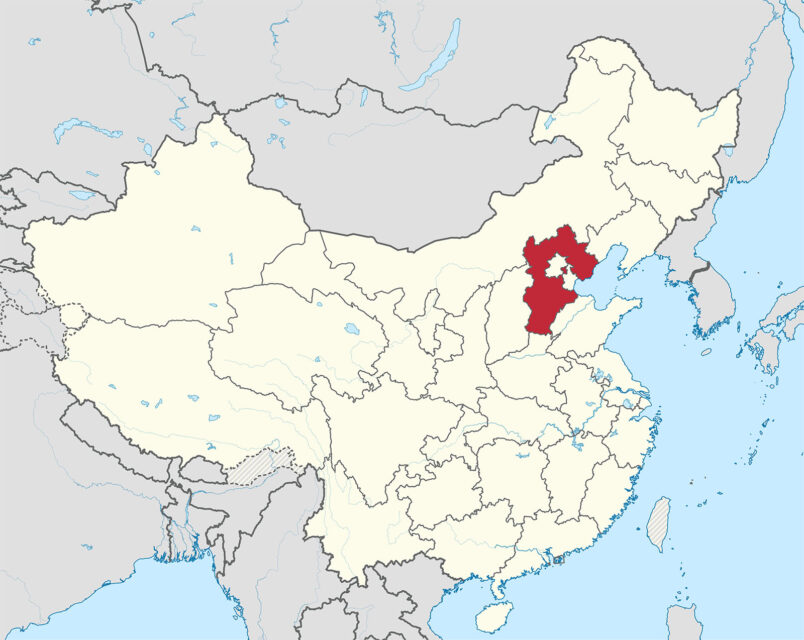VATICAN CITY (RNS) — Giuseppe Wang Zhengui, 62, was installed and ordained as the first bishop of the new Diocese of Zhangjiakou, China, on Wednesday (Sept. 10) in an important milestone for a controversial arrangement between Communist Party leaders in Beijing and the Vatican.
In order to create the new diocese, in the province of Hebei, northwest of Beijing, Pope Leo XIV suppressed two existing dioceses established by Pope Pius XII in 1946. The new diocese conforms with China’s administrative jurisdictions and is contained within Hebei, home to many Chinese Catholics and historically an important hub of the underground church.
A Vatican statement on Wednesday said the decision was made by Pope Leo on July 8 “with the desire to promote the pastoral care of the Lord’s flock and better cater to its spiritual needs.”
In 2018, the Holy See and China signed a provisional agreement that has been renewed three times. While the document remains secret, it’s largely understood to include a compromise on the appointment of bishops. In the past, the unofficial Catholic Church in China, known as the underground church, would answer to Rome while the Chinese government appointed bishops to a parallel, approved church hierarchy that followed the party line. Under the 2018 agreement, Beijing offers a list of possible episcopal candidates for the pope to select from.
According to AsiaNews, the press agency of the Pontifical Institute for Foreign Missions, Bishop Joseph Ma Yanen, who oversaw the existing “underground” Diocese of Xiwanzi, was named an auxiliary bishop of the new diocese, while Bishop August Cui Tai of the former Diocese of Xuanhua will retire.
Cui Tai was repeatedly detained and put under house arrest by the Chinese government, beginning in 2007. The Vatican statement made no mention of Cui Tai.

Hebei province, red, in China. (Map courtesy of Wikimedia/Creative Commons)
The changes take place shortly after the death on Saturday of Bishop Placidus Pei Ronggui, a hero of the underground Catholic resistance in China. He was detained for four years in the 1980s for his refusal to bow to Beijing’s demands and spent the last year of his life giving confessions in his home village in Hebei.
The new diocese includes 85,000 Catholics and 89 priests in a province of roughly 4 million people. The new bishop attended seminary in Hebei between 1984 and 1988, which likely means he is well positioned to understand the demands of the underground church in China. He became a priest in the Parish of Qujiazhuang on May 24, 1990, and its pastor a year later.
Presiding at Ma Yanen’s installation was Bishop Li Shan of Beijing, president of the Chinese Catholic Patriotic Association, which was founded in 1957 with the purpose of promoting a Catholic Church independent from Rome. Many priests and nuns from the Hebei province also attended. The Patriotic Association and the government-approved bishops’ conference in China organized a group viewing of the Sept. 3 military parade organized by President Xi Jinping.
Proponents of the new agreement hope that the rift between the Patriotic Association and the “underground church” will be healed with the joint appointment of bishops.





